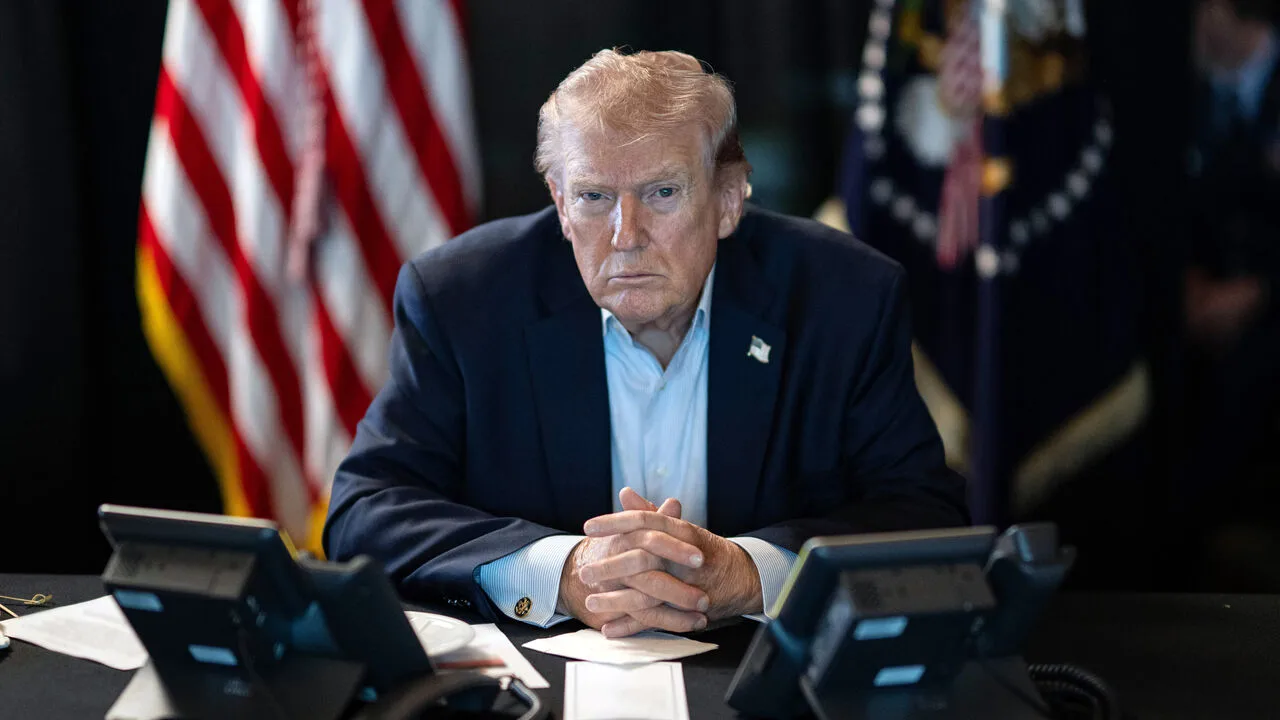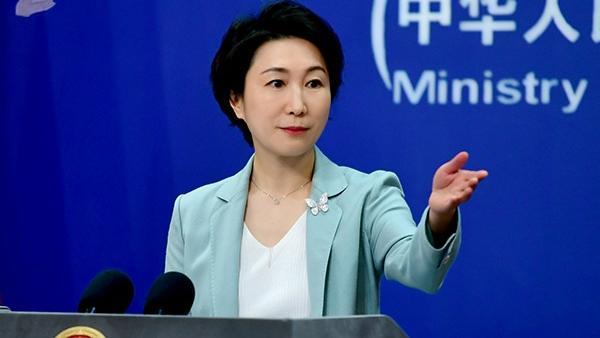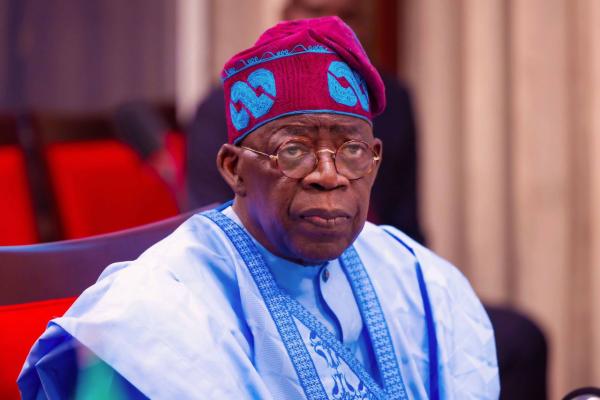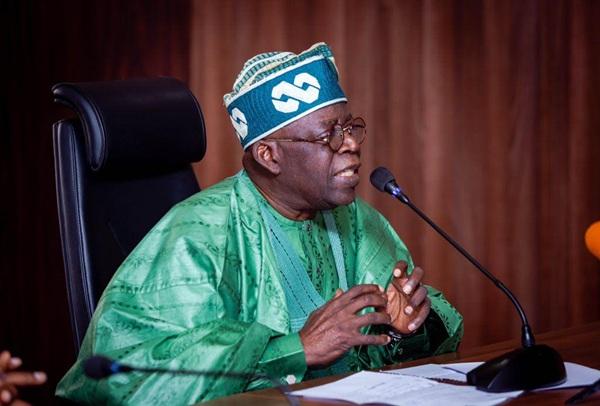
The Manufacturers Association of Nigeria (MAN) says the policy of excluding 41 items from exchange rate market has shut down at least 50 industries.
Frank Udemba Jacobs, president, MAN, said this during the presidential dialogue session organised by the Lagos Chamber of Commerce and Industry (LCCI), attended by Yemi Osinbajo, Nigeria’s vice president.
“The 41 items that are not valid for the foreign exchange is still a problem,” Jacobs told Osinbajo.
“As at today, 50 of our members have closed shop, and more have said they are going to shut down soon. I believe policies need to ensure that industries survive,” said Jacobs.
Jacobs, however, did not mention the names of the companies shut down by this policy.
The CBN had excluded 41 items from accessing the foreign exchange market on the basis of the fact that some of the items can be manufactured locally.
But manufacturers argue that some of the items excluded from the foreign exchange market are inputs for many factories and cannot be produced locally at the moment, owing to lack of domestic capacity. They argue that there needs to be a time lag before such items are excluded to enable local manufacturers build capacity in these areas.
Jacobs further said manufacturers and other key players need to become part of decision making, wondering why members of the Organised Private Sector are not appointed into the Presidential Council on Ease of Doing Business and the Economic Council.
Vice President Yemi Osinbajo, however, said the issue would not be allowed to rest on the fiscal side, rather than on monetary scale, suggesting that there might be light at the end of the tunnel.
The Lagos Chamber of Commerce and Industry (LCCI), on its part, said the present time calls for adjustment by all stakeholders in the economy.
“The investment climate issues and cost of doing business are critical issues that need to be tackled as the ease of doing business remains a major challenge. The key cost drivers are the high energy cost, high transport cost, depreciating exchange rate, high cost of fund, high import duty, among others,” said Nike Akande, president of LCCI.
Akande said there is a limit to which these costs can be passed onto consumers, especially in the context of weak and declining purchasing power, while calling on Nigerians to support the government on its efforts to reposition the economy for sustainability and benefit of all.





















